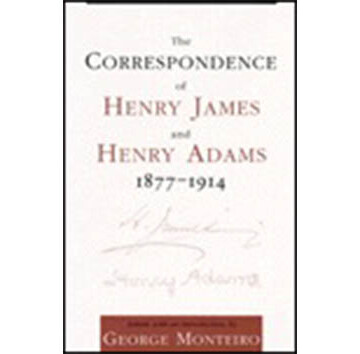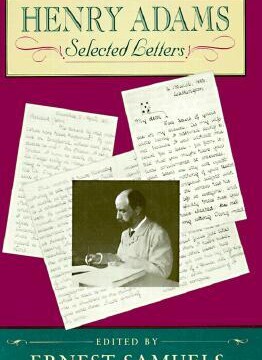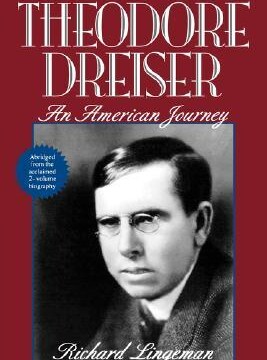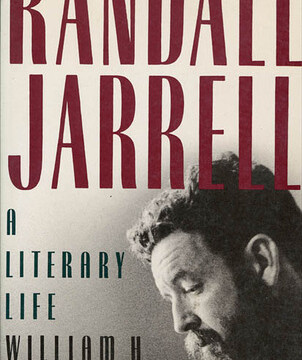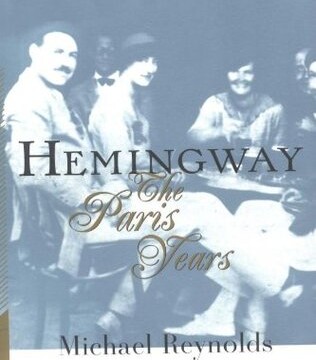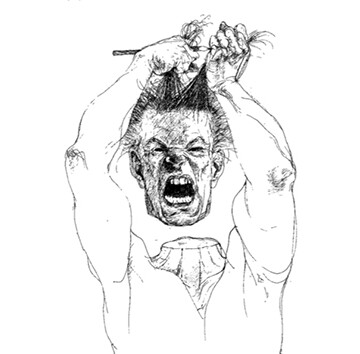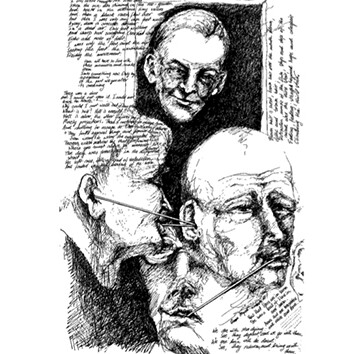The nearly lifelong friendship of Henry Adams and Henry James, both now accepted as writers of towening stature, was one of the most engaging yet contrary relationships in our literary history. And to experience it—in the correspondence that George Monteiro has now splendidly edited—is to come to know what Adams called the “type bourgeois-bostonien.” In...
Author: James W. Tuttleton (James W. Tuttleton)
From a Front Box
Only the most devoted students of Henry Adams are likely to have bought and read the six-volume Complete Letters that Harvard University Press produced between 1982 and 1988. More’s the pity, since it was an excellent work of scholarship disclosing an American epistolary artist of the highest order. But the editor and biographer, Ernest Samuels,...
The Pathetic Individual
Perfection of the life or perfection of the art? The imperatives of art being what they are, Yeats thought that the writer could not have both. With the completion of Richard R. Lingeman’s two-volume biography of Theodore Dreiser, it seems evident that Dreiser was fated to attain neither. Born in 1871 in Indiana, Dreiser managed...
Alone as Children Ever Are
In one of his most moving poems, “The Woman at the Washington Zoo,” Randall Jarrell (1914-1965) presents a woman of no particular accomplishment who—feeling her life drab and colorless—looks at the caged animals, “these beings trapped / As I am trapped but not, themselves, the trap.” Given the banality of her life, it is her...
The Way It Felt: Hemingway’s Apprentice Years
If strange things are happening in the academy, perhaps none is stranger than the debate concerning the American literary canon provoked in part by the current reassessment of Ernest Hemingway’s fiction. Recently, for instance, Professor Lawrence Buell of Oberlin College demanded a new non sexist literary criticism that will “foment reorderings in the pre-feminist canon...
Old Possum in his Letters
“Talent is an adornment; an adornment is also a concealment.” —Nietzsche “I think one’s letters ought to be X about oneself (I live up to this theory!)—what else is there to talk about? Letters should be indiscretions—otherwise they are simply official bulletins.” So T.S. Eliot remarked to his Harvard classmate, the poet Conrad Aiken, in...
The Madness of Art
“In relation to Gauguin, Van Gogh and Rimbaud, I have a distinct inferiority complex because they managed to destroy themselves. . . . I am more and more convinced that, in order to achieve authenticity, something has to snap.” —Sartre In “Resolution and Independence,” Wordsworth lamented that “We Poets in our youth begin in gladness,...
Revolution in Technology, the Arts, and Politics
“In the end physics will replace ethics just as metaphysics displaced theology. The modern statistical view of ethics contributes toward that.” —Soren Kierkegaard When the historical sequence of men, of societies, of time and thought failed Henry Adams—sequences that might have yielded him some meaning about life—he remarked in The Education that he found himself...
The Scandal in T.S. Eliot’s Life
T.S. Eliot (1888-1965), dead now for more than 20 years, continues to vex those for whom his poetry is not complete—or is not completely to be understood—without an intimate knowledge of his biography. At the time of his death, of course, Eliot’s reputation was somewhat in decline, despite the Nobel Prize of 1948, the Order...
